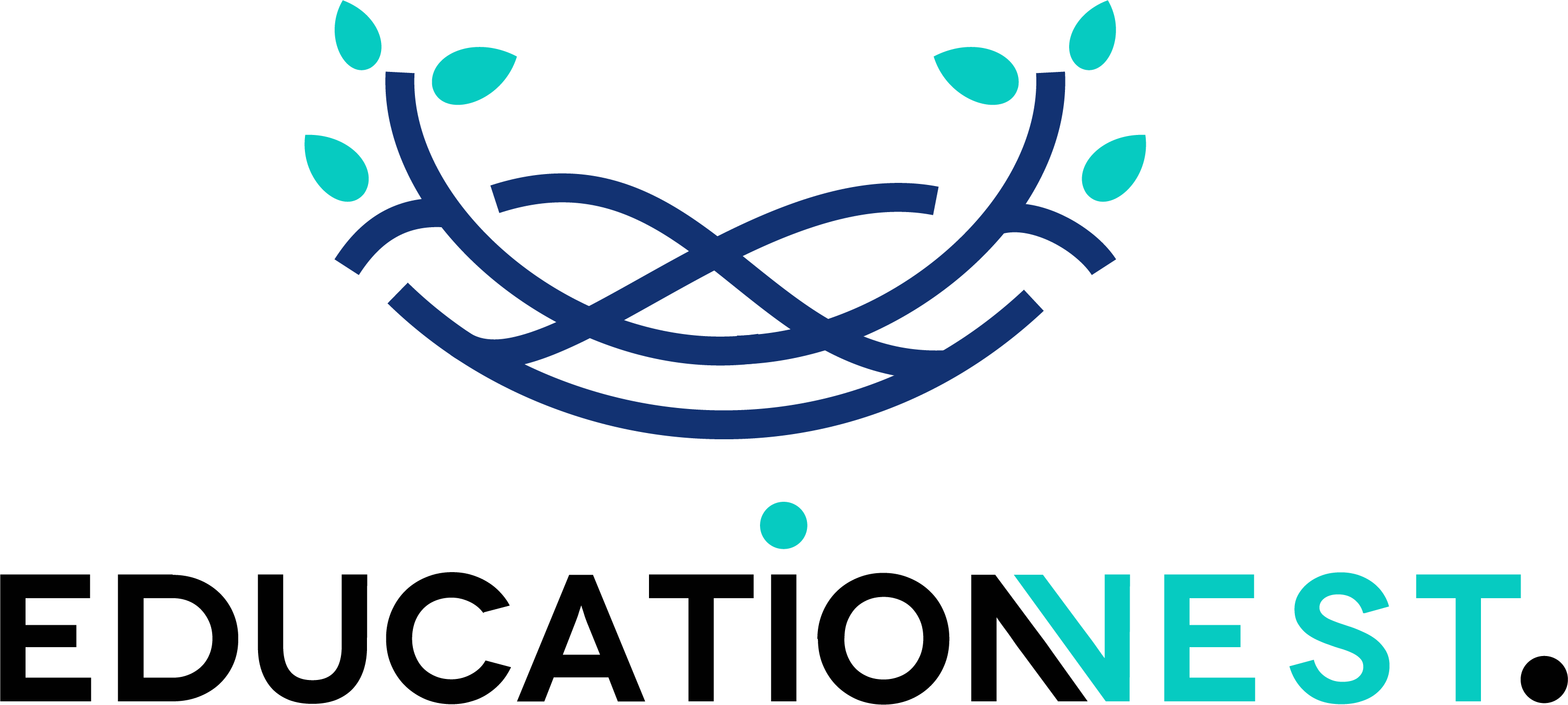
In today’s rapidly changing professional landscape, mentorship has become an invaluable resource for career growth and personal development. Mentorship goes beyond just sharing knowledge; it’s about nurturing potential, fostering growth, and guiding others through the complexities of their careers. In this comprehensive guide, we’ll delve deep into the essential mentoring skills required to be an effective career mentor, empowering you to guide others towards success.
Active Listening (The Skill of Understanding)
One of the foundational skills for effective mentoring is active listening. It’s not merely about hearing words; it’s about understanding the emotions, challenges, and aspirations behind those words. As a career mentor, your ability to listen attentively will help you gain insight into your mentee’s goals and concerns, allowing you to provide tailored guidance that resonates with their needs and aspirations.
Active listening involves giving your full attention to the speaker, maintaining eye contact, and showing empathy through verbal and non-verbal cues. When your mentee feels heard and understood, it sets the stage for a trusting and productive mentoring relationship.

Empathy (The Skill of Connecting)
Empathy is the emotional cornerstone of effective mentoring. It’s the ability to step into someone else’s shoes, to understand their perspective, and to offer support without judgment. Building a strong sense of empathy creates trust and rapport, which are essential for an effective mentoring relationship.
To cultivate empathy, actively practice putting yourself in your mentee’s position, considering their experiences and emotions. When your mentee feels that you genuinely understand and care about their journey, they are more likely to be open and receptive to your guidance.
Communication (The Skill of Clarity)
Clear and effective communication is at the heart of mentoring. Your ability to convey your insights, experiences, and advice in a way that is understandable and relatable to your mentee is crucial. Remember that effective communication is a two-way street. Encourage open dialogue, ask clarifying questions, and be receptive to feedback from your mentee.
Effective communication also involves adapting your communication style to suit your mentee’s preferences and needs. Some individuals may respond better to visual aids, while others may prefer in-depth discussions. Tailor your approach to maximize the effectiveness of your communication.
Goal Setting (The Skill of Guidance)
Guiding your mentee in setting clear and achievable goals is a fundamental mentoring skill. This involves helping them define their objectives, break them down into manageable steps, and create a roadmap for success. Goal setting provides a sense of direction and motivation, helping your mentee stay focused on their career path.
Encourage your mentee to establish both short-term and long-term goals. Short-term goals provide immediate direction and gratification, while long-term goals help paint a picture of their overall career trajectory. Regularly revisit and adjust these goals as your mentee’s career evolves.
Feedback (The Skill of Growth)
Constructive feedback is a powerful tool for personal and professional growth. As a mentor, your role is to provide feedback that is specific, actionable, and supportive. Encourage a culture of continuous improvement, where mistakes are viewed as opportunities to learn and grow.
When offering feedback, be sure to highlight your mentee’s strengths and successes, as well as areas where improvement is needed. Offer suggestions for improvement in a constructive and encouraging manner. Remember that feedback should be a two-way exchange, and be open to receiving feedback from your mentee as well.
Patience (The Skill of Endurance)
Career growth can be a long and sometimes challenging journey. Patience is an essential quality for mentors as you support your mentee through setbacks, doubts, and obstacles. Your unwavering support and encouragement can make a significant difference in their resilience and perseverance.
Recognize that not all progress is linear, and setbacks are a natural part of any career journey. Be patient and offer guidance and reassurance during difficult times. Your consistency and support will help your mentee stay motivated and focused on their goals.
Also Read:
Group Discussion: How To Become Skilled
Adaptability (The Skill of Flexibility)
Every mentee is unique, and their needs may change over time. Adaptability is the skill that allows you to tailor your mentoring approach to match the evolving requirements of your mentee. Be flexible in your methods and strategies, and be willing to adjust your approach as necessary.
Consider your mentee’s changing goals, challenges, and preferences. Stay attuned to their feedback and adjust your mentoring style accordingly. Flexibility demonstrates your commitment to their growth and development.
Networking (The Skill of Connections)
Mentoring extends beyond one-on-one interactions. Encourage your mentee to expand their professional network and introduce them to relevant contacts in your industry or field. Networking can open doors, create opportunities, and provide valuable insights into the career landscape.
Share your own networking experiences and offer guidance on building meaningful professional relationships. Encourage your mentee to attend industry events, join relevant online communities, and seek out mentorship opportunities beyond your own guidance.
Conclusion
Becoming a skilled career mentor is not just about imparting knowledge; it’s about empowering others to realize their full potential. It’s about fostering growth, providing support, and offering guidance that resonates with your mentee’s unique needs and aspirations. By honing your mentoring skills in active listening, empathy, communication, goal setting, feedback, patience, adaptability, and networking, you can make a meaningful impact on the careers and lives of those you mentor.
Remember that mentoring is a two-way street; both mentors and mentees learn and grow from the experience. So, whether you’re a seasoned professional looking to share your wisdom or someone seeking guidance on your career path, embrace the power of mentoring. It’s a journey of mutual growth, where the skills you need to succeed are the same skills needed to help others on their path to success. Start your mentoring journey today, and watch as your mentees thrive and flourish under your guidance.

